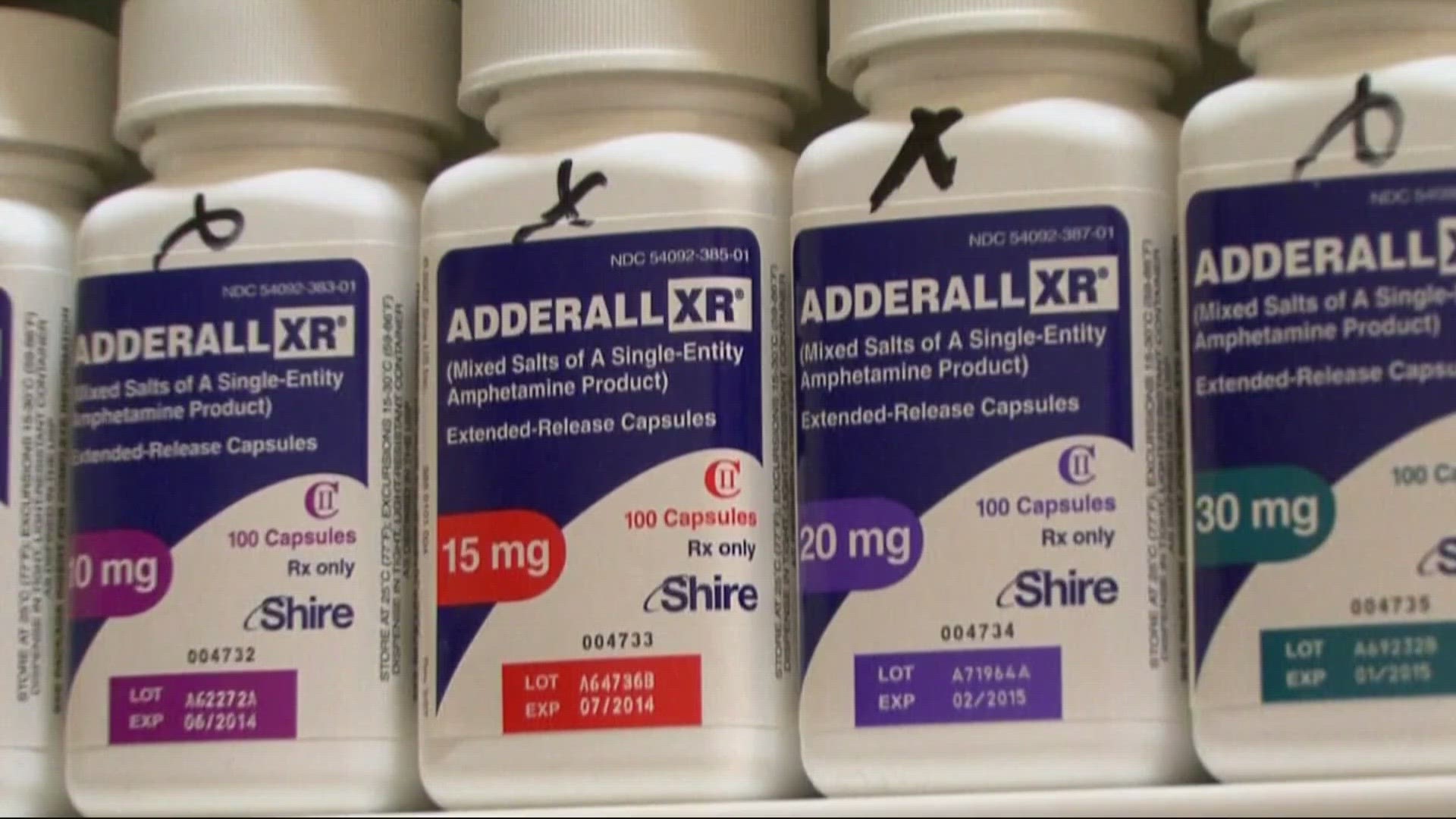JACKSONVILLE, Fla. — A nationwide shortage of drugs used to treat attention deficit/hyperactivity disorder, also known as ADHD has been impacting patients since last fall.
The problem hasn’t gotten better. In fact, one local doctor says he’s seen an uptick in ADHD patients who can’t find a pharmacy to fill their prescription.
The scarcity has some looking for stopgap solutions and one that’s getting a lot of traction online is caffeine.
THE QUESTION
Is caffeine a good substitute or supplement for ADHD medications during the shortage?
THE SOURCES
- The U.S. Food and Drug Administration
- The National Community Pharmacists Association
- Chair of the department of psychiatry at UF Health Jacksonville, Dr. Steven Cuffe
THE ANSWER
No, caffeine is not a good substitute or supplement for ADHD medications during the shortage.
WHAT WE FOUND
Chair of the department of psychiatry at UF Health Jacksonville, Dr. Steven Cuffe, says while caffeine is widely used, it does cause significant dependence and withdrawal symptoms.
“It has a different mechanism of action, although it does have some stimulant effects it’s a different mechanism of action from the medication used to treat ADHD," said Cuffe.
Cuffe says while caffeine can increase alertness and concentration at low to moderate doses, doctors to do not recommend this as a replacement for ADHD medication.
“You know headache, nausea, vomiting, constipation, depression, anxiety, those are all possible withdrawal symptoms," said Cuffe.
He says during the medication shortage some patients will need to search for a pharmacy that still has adequate supply.
A survey by the national community pharmacists association last summer found that of 360 independent pharmacies that responded approximately 64 percent were having difficulty getting Adderall.
Cuffe says one treatment alternative could be neurofeedback.
"Which is a way of teaching people how to get their brain into concentration mode and that’s been getting some better data supporting its use," said Cuffe.
Cuffe says patients may also consider switching medications if recommended by your doctor, but he does not recommend trying to substitute medicine with caffeine.

